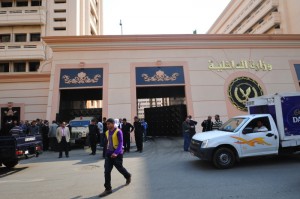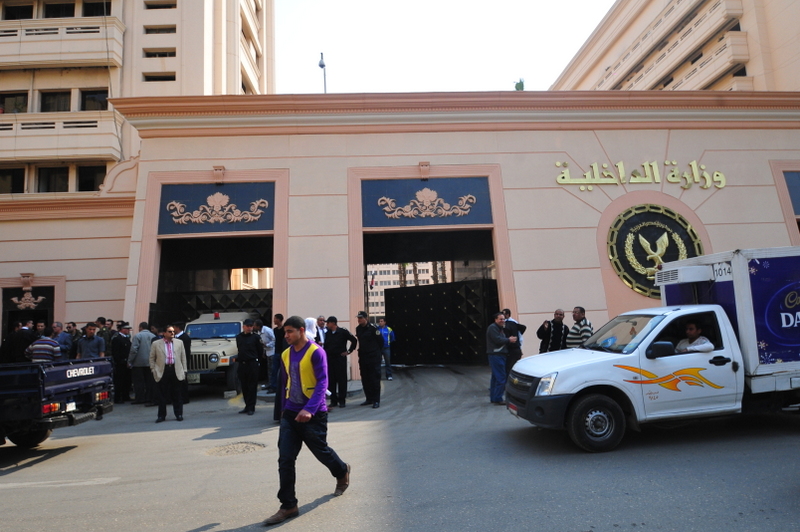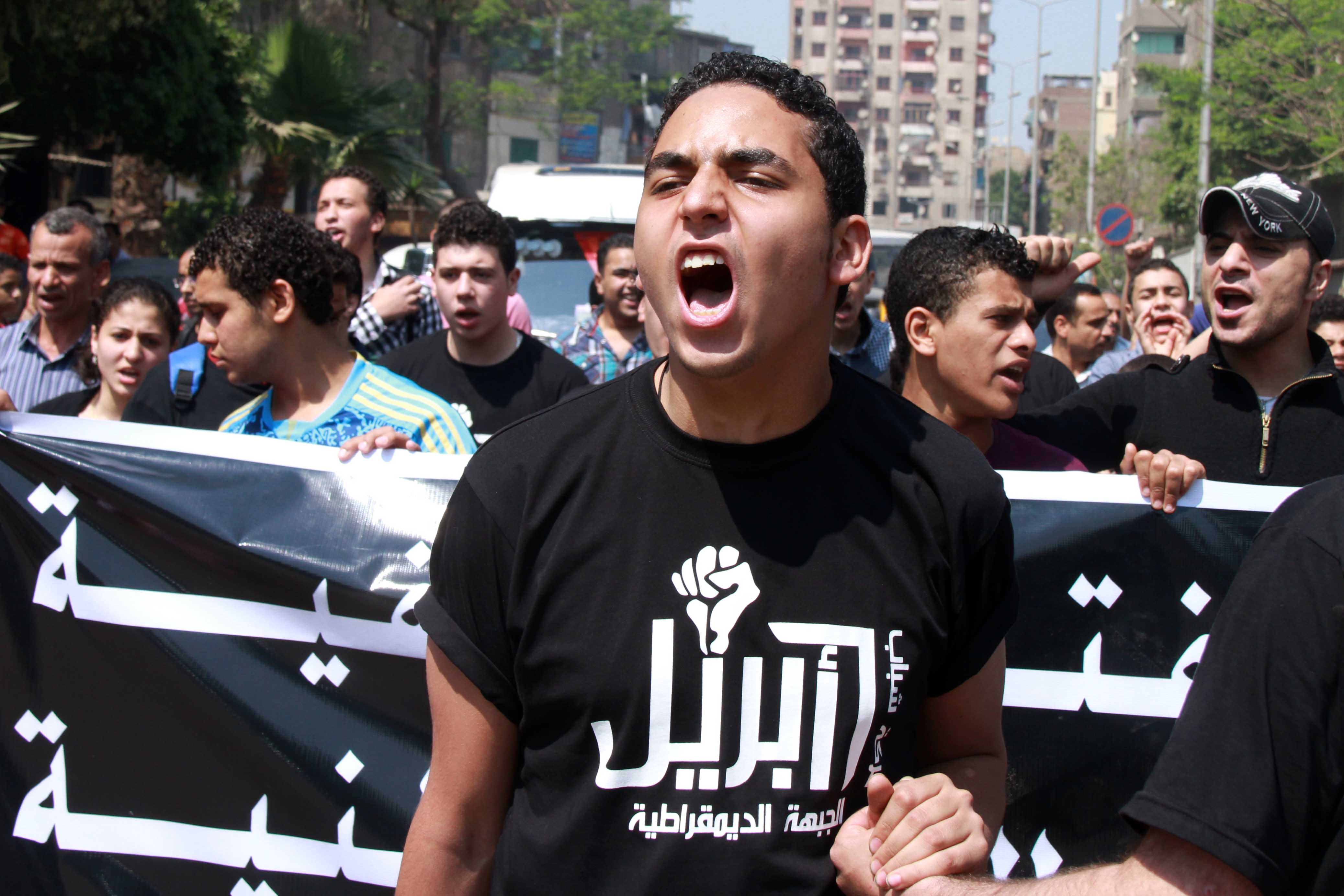
(DNE File Photo)
Egypt’s Interior Ministry said Tuesday that Human Rights Watch (HRW) considers itself “above the law”, after the authorities’ decision to deny entry to two of the watchdog’s top staff.
In a statement, the ministry said the watchdog had requested a meeting with officials during a visit scheduled for August.
HRW was set to release a 188-page report on the dispersals of six demonstrations in July and August 2013, including that of the Rabaa Al-Adaweya encampment. The release was to happen from inside Egypt in a private briefing with journalists and diplomats on Tuesday.
Instead the watchdog released the report electronically in a video conference after HRW’s Executive Director Kenneth Roth and Middle East Director Sara Leah Whitson were denied entry.
The Interior Ministry said HRW was informed to postpone the visit to September instead of August, citing that it was “inappropriate” to hold the visit in August. The ministry stressed the need for the delegation to obtain visas before entering Egypt and said it was inadmissible to enter Egypt on a tourist visa, since it does not fit with the stated purpose of the visit.
“Yet the organisation’s delegation arrived at the Cairo International Airport at the time they set [August] without obtaining the necessary visa, which is consistent with the approach the organisation has always taken, considering itself an entity above the law,” the ministry said.
HRW had said on Monday that authorities did not provide an explanation as to why Roth and Whitson were denied entry. The watchdog said it had requested to meet with Egyptian officials to discuss the report. Roth said, “however, it appears the Egyptian government has no appetite to face up to the reality of these abuses, let alone hold those responsible to account.”
HRW sent preliminary findings of the report to several government bodies including the ministries of Foreign Affairs, Defence and Interior, as well as the Office of the Public Prosecutor in June. The watchdog also sent out follow-up letters in July, with copies of the report to the same officials sent in August.
HRW said it “did not receive substantive responses to any of its queries”.
The Interior Ministry said HRW withdrew a request for a permit to operate as a foreign NGO in Egypt, “yet it sought to enter Egypt to issue the report and operate without a legal basis.” HRW closed its office in Cairo due to “concerns about the deteriorating security and political environment in the country”.
This incident is the first time for HRW staff to be denied entry to Egypt, even during the 30-year-long reign of ousted president Hosni Mubarak.
Roth and Whitson were set to participate in the release of the report titled, “All According to Plan: The Rabaa Massacre and Mass Killings of Protesters in Egypt.”
The report is the result of a year-long investigation and “documents how Egyptian police and army methodically opened fire with live ammunition on crowds… killing at least 1,150” at six demonstrations. It includes interviews with over 200 witnesses and concludes that “the systematic and widespread killings likely amount to crimes against humanity”.
On 14 August 2013, Egyptian security forces dispersed pro-Morsi encampments in Rabaa Al-Adaweya and Al-Nahda squares. Exact figures on the number of protester deaths are still disputed.
WikiThawra, a website dedicated to documenting the Egyptian revolution, put the death toll of the Rabaa Al-Adaweya sit-in dispersal at 969 and that of Al-Nahda dispersal at 96. Official figures are lower. The Forensics Authority announced 627 deaths in the Rabaa Al-Adaweya dispersal and 21 in Al-Nahda.
HRW said the Rabaa Al-Adaweya dispersal left 817 people dead, “making it one of the world’s largest killings of demonstrators in a single day in recent history”. HRW said: “One year later, no one has been held to account.”


